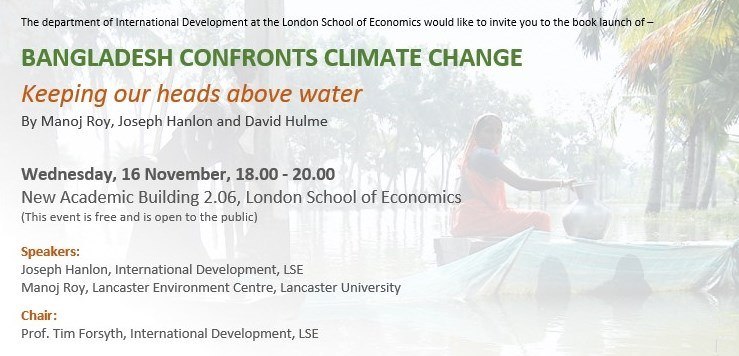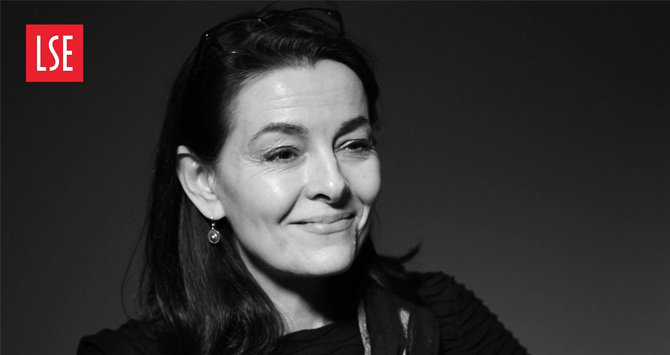In a recent publication, Professor Ken Shadlen (along with Elize Fonseca), uses Brazil as a case study for a suggested typology to compare national approaches towards the promotion and regulation of generic drugs.
Differences in countries’ practices with regard to “generic” drug regulation can have far-reaching implications on the supply of medicines and health outcomes. Generic drug regulations can promote (or restrict) competition and thus affect the supply of affordable treatment alternatives, for example. Generic regulations can affect the quality of drugs, too, as they should serve to prevent sub-standard products that may have dangerous effects (or no effects) from entering the market. Differences matter, and anecdotal evidence suggests that there is, indeed, significant variation in national pharmaceutical policies in this area as well. One challenge for comparative analysis, however, is the lack of agreement on which dimensions of policy to analyze and compare. That is, despite the widely acknowledged importance of generic drug policies and observed differences in national practices, scholars embarking on comparative analysis lack a roadmap of which dimensions of policy to assess and compare.
In a new article in the Pan American Journal of Public Health, Elize Fonseca and I start to fill this gap by developing a typology for comparing national approaches toward the promotion and regulation of generic drugs. Our typology considers countries’ rules and regulations across four dimensions: (1) the demonstration of therapeutic equivalence, (2) pharmaceutical packaging and labelling, (3) drug prescription, and (4) drug substitution. We maintain that to be able to understand and compare national approaches toward generic drug promotion, it is crucial to carefully distinguish among these four dimensions, and as a first step in using this typology we apply it to the case of Brazil.
Elize Massard da Fonseca and Kenneth C. Shadlen, “Promoting and Regulating Generic Medicines: Brazil in Comparative Perspective” Pan American Journal of Public Health (2017).
Professor Ken Shadlen is Professor in Development Studies in the Department of International Development. He works on the comparative and international political economy of development, with a focus on understanding variation in national policy responses to changing global rules. In recent years his research has focused on the global and cross-national politics of intellectual property (IP).
The views expressed in this post are those of the author and in no way reflect those of the International Development LSE blog or the London School of Economics and Political Science.






Today anybody can buy generics from online pharmacies. In most case generics are made in India. Generics meds are high quality and cheaper that in local pharmacies.